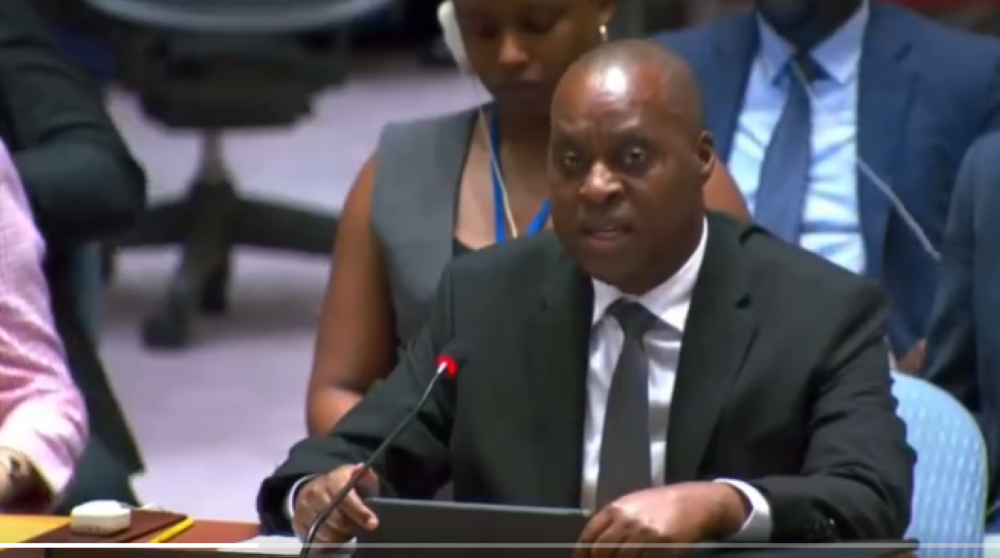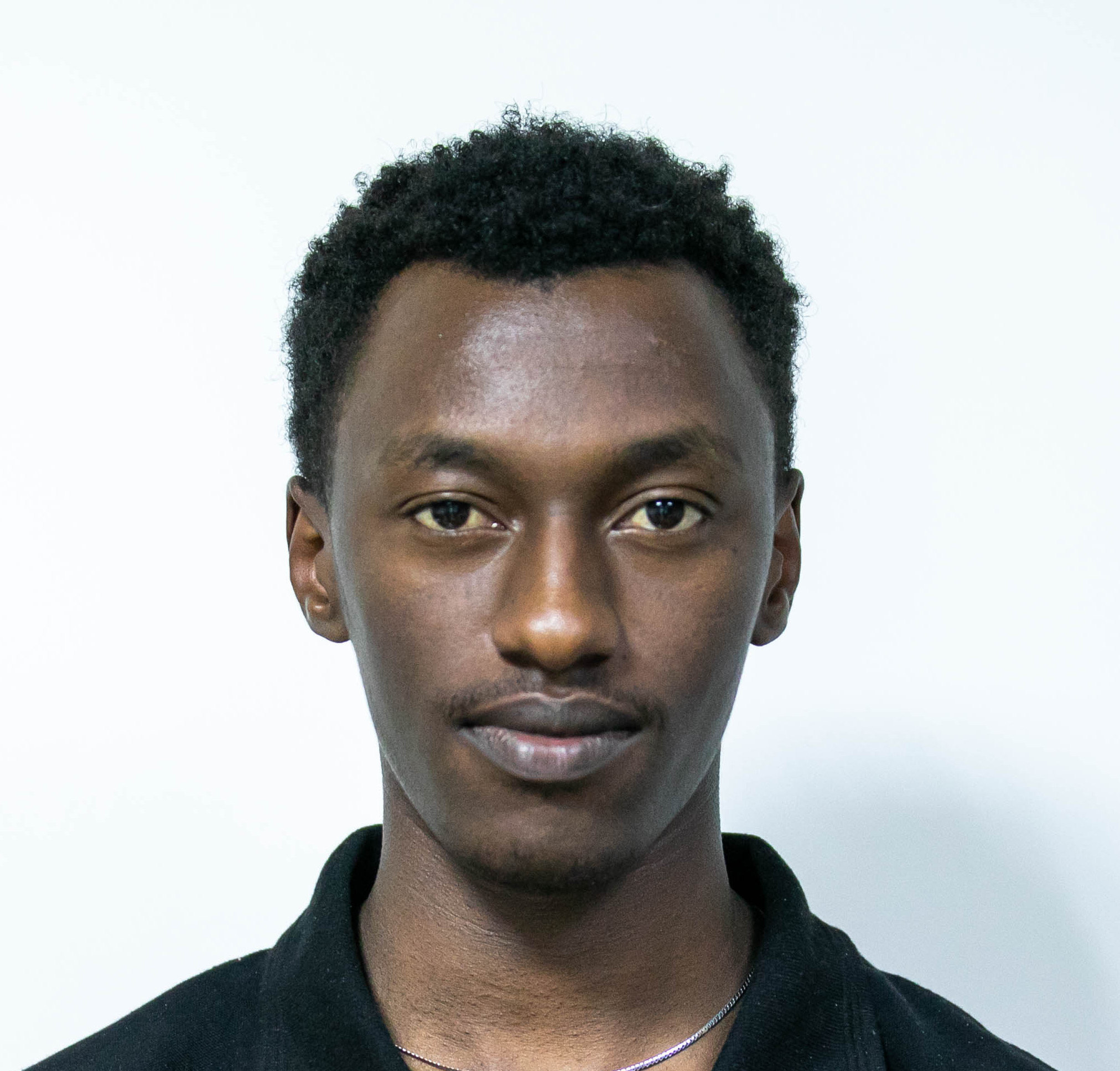

Rwanda’s Permanent Representative to the United Nations Erneste Rwamucyo, has emphasised the country's commitment to unity and resilience, after lessons drawn from the experiences of the 1994 Genocide against the Tutsi.
Rwamucyo said this on Monday, September 30 as he delivered Rwanda's national statement at the 79th Session of the UN General Assembly in New York.
"Rwanda knows first-hand what division and fracture can do to a society, let alone a to community of nations," he said.
ALSO READ: ‘Genocide can happen anywhere,’ Nduhungirehe on dangers of hate speech
He said how Rwanda chose unity over division as a means of survival, a decision that has defined the post-genocide reconstruction efforts.
"The choice was not an easy one, but it was the right one,” he affirmed, urging the global community to embrace a similar path.
ALSO READ: Nduhungirehe makes case for global cooperation at UN Summit of the Future
Rwamucyo also highlighted Africa&039;s rising significance on the world stage. With projections indicating that Africa's middle class will expand to encompass 1.1 billion people by 2060, he stressed the continent’s potential to play a pivotal role in global affairs.
"Building resilient economies in the Global South is an urgent priority,” he noted, advocating for increased solidarity from nations responsible for carbon emissions to support Africa's development.
Rwamucyo also acknowledging the pressing security challenges facing the continent.
He pointed to insecurity in the region, marked by radicalised insurgency, terrorism in the Sahel, and the presence of state-sponsored genocidal militias along Rwanda's borders.
"Now more than ever, cosmetic fixes must be avoided in favour of long-term solutions addressing the root causes of these conflicts," the diplomat said.
"History will judge us not by the challenges we faced but by how we responded to them."
He reaffirmed Rwanda's readiness to collaborate with other nations, promoting a vision for a world where no country or continent is left behind.


